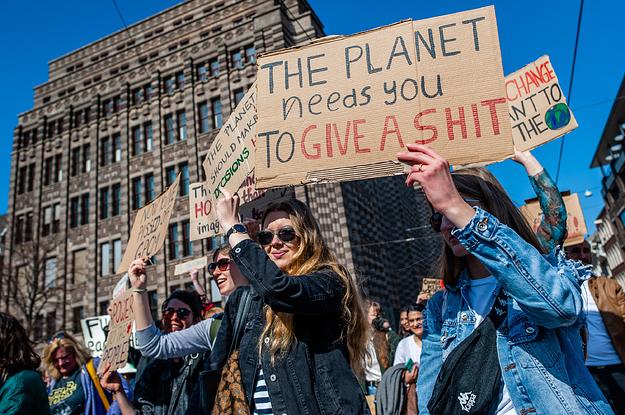
The best possible future — the one with fewer climate disasters, extinctions, and human suffering — involves limiting global warming to 1.5 degrees Celsius. But for this to happen, scientists warn, greenhouse gas levels must start dropping by 2025.
“It’s now or never, if we want to limit global warming to 1.5 degrees Celsius (2.7 degrees Fahrenheit),” Imperial College London’s Jim Skea said in a statement. “Without immediate and deep emissions reductions across all sectors, it will be impossible.”
Skea was one of the hundreds of scientists worldwide who contributed to a new report released Monday by the United Nations’ preeminent climate body, the Intergovernmental Panel on Climate Change.
Called “Climate Change 2022: Mitigation of Climate Change,” the new report details myriad ways humans can limit future warming. This is the third and final installment of the IPCC’s Sixth Climate Assessment. The previous installments focused on summarizing the climate impacts already here and what’s possibly to come, as well as listing ways to adapt to these impacts.
“The jury has reached a verdict and it is damning,” United Nations Secretary-General António Guterres said at a press conference on Monday. “This report of the Intergovernmental Panel on Climate Change is a litany of broken climate promises. It is a file of shame, cataloging the empty pledges that put us firmly on track towards an unlivable world. We are on a fast track to climate disaster.”
In the face of ever-worsening climate impacts, from intensifying heat waves and floods to growing food disruptions, humans have spent the past decade adding fuel to the fire by continuing to spew more carbon dioxide and other greenhouse gasses into the atmosphere than ever before.
Global average emissions measured roughly 59 gigatons of carbon dioxide equivalent in 2019, about 12% higher than levels in 2010 and 54% higher than in 1990, per the new report. This is a staggering increase.
The only way to prevent widespread climate damage is to immediately stop this trend. For one, this means no longer aggressively using fossil fuels.
“Climate change is the result of more than a century of unsustainable energy and land use, lifestyles and patterns of consumption and production,” Skea said. “This report shows how taking action now can move us towards a fairer, more sustainable world.”
This is a developing story. Check back for updates and follow BuzzFeed News on Twitter.




